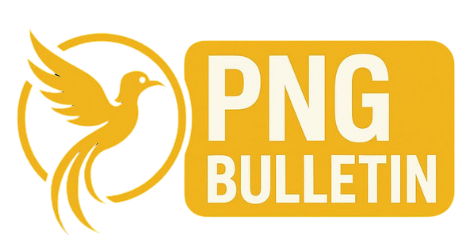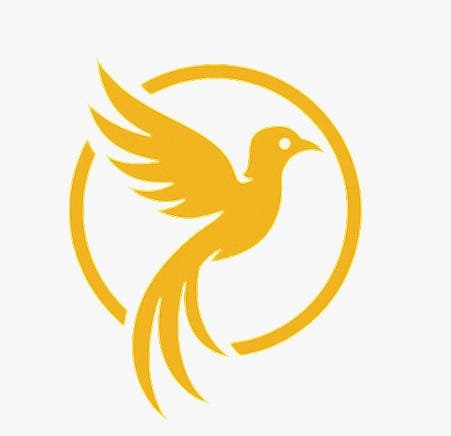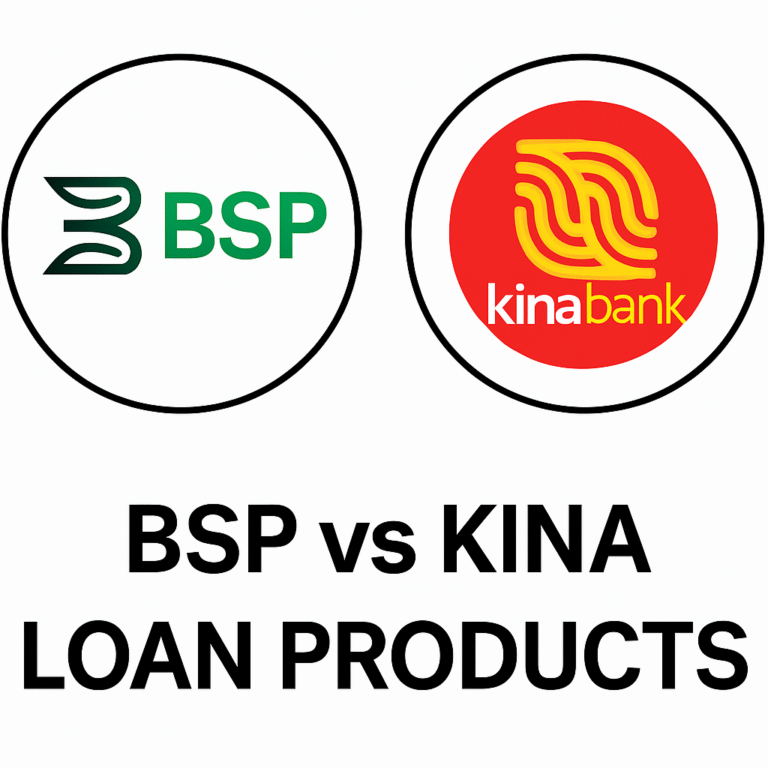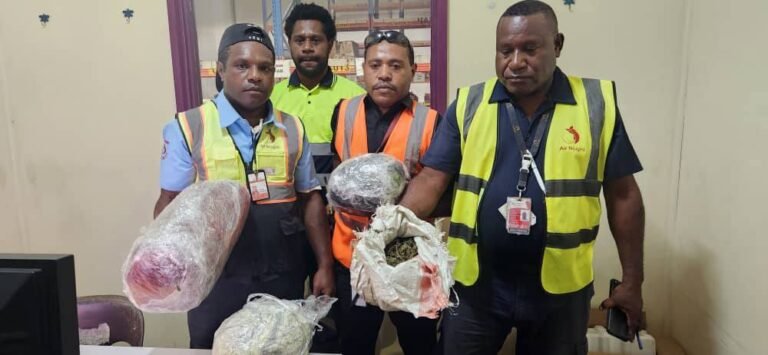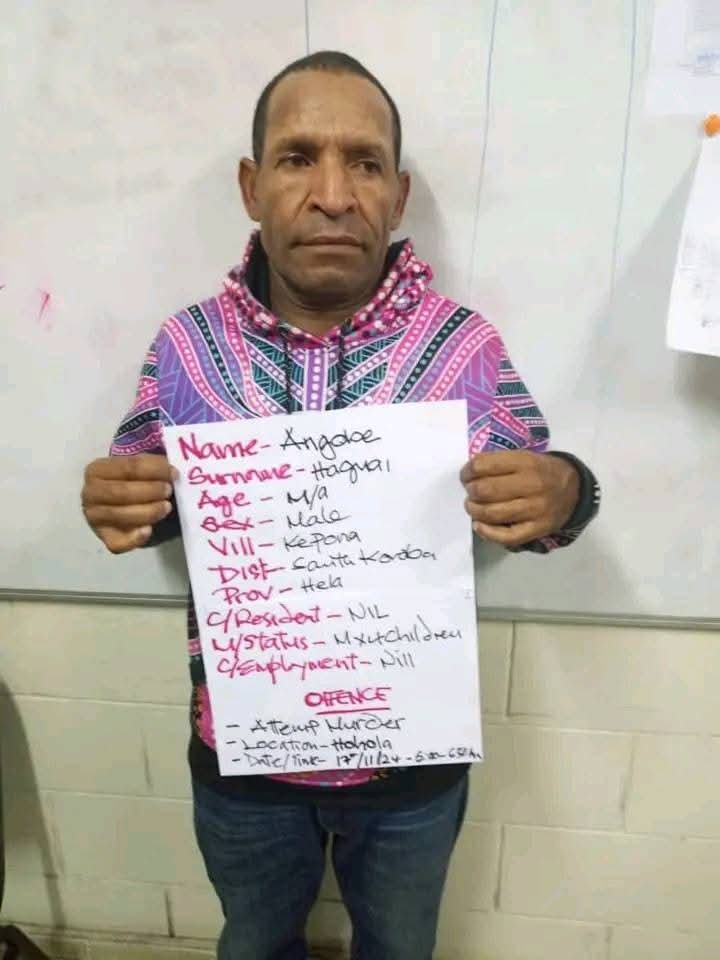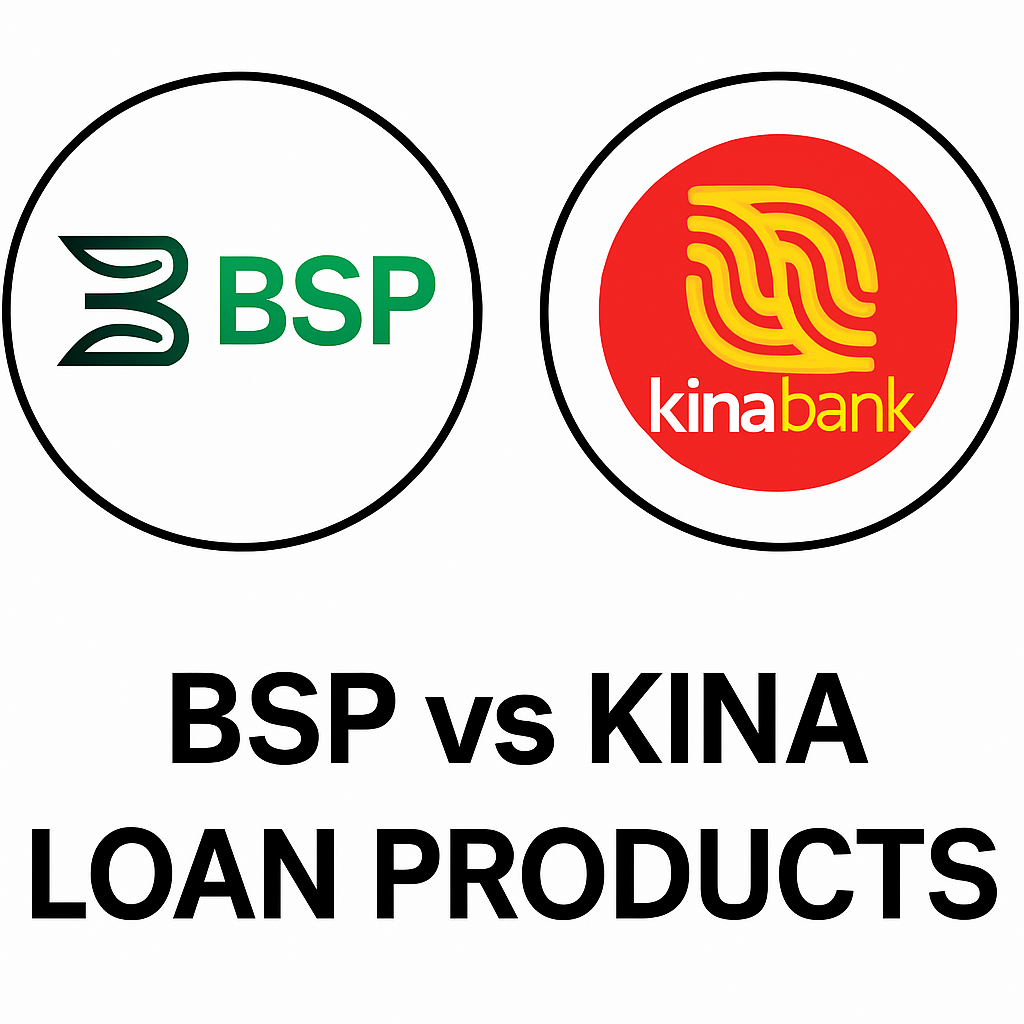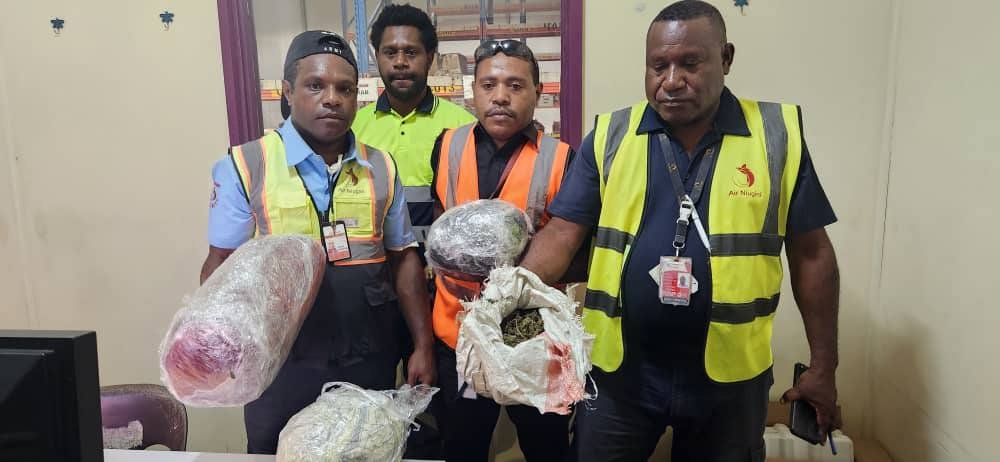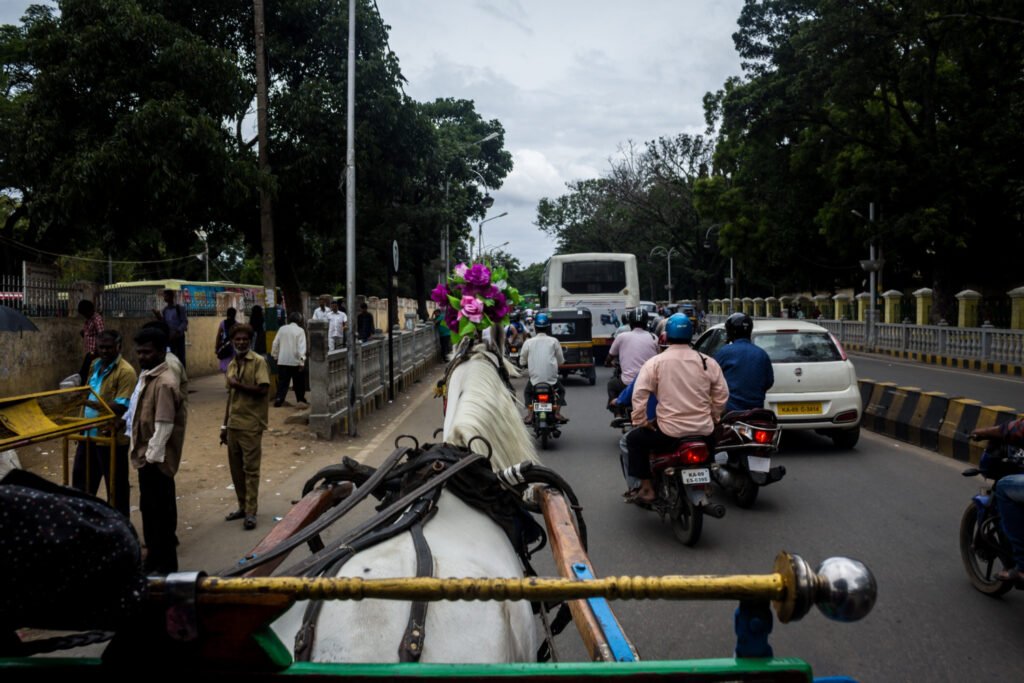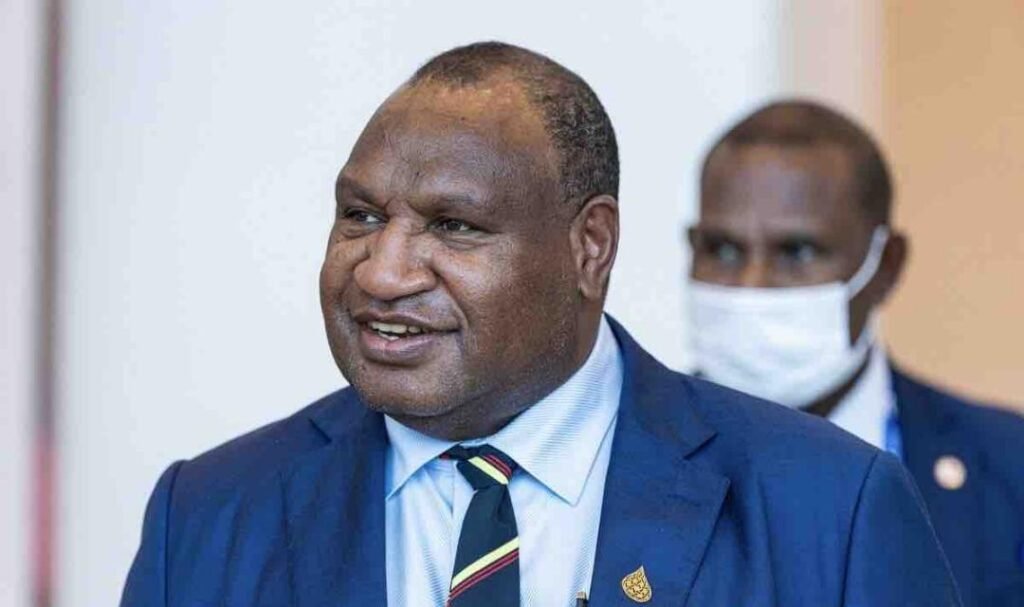With an eye on driving industrial growth and simplifying cross-border trade, the Papua New Guinea government has rolled out a suite of new trade and tax reforms designed to make the country more competitive, business-friendly, and export-oriented.
From the launch of a Digital Single Window for customs clearance to targeted tax breaks for local processors and manufacturers, these moves signal a new direction—one that supports value-add industries and improves transparency in trade logistics.
Digital Single Window: Speeding Up Customs
One of the most transformative reforms is the launch of PNG’s Digital Single Window (DSW)—a centralized online platform that allows exporters, importers, customs, and border agencies to share documents in real-time.
Gone are the days of paper stacks, long queues, and unclear bottlenecks.
With DSW:
- Traders submit documents once across all required agencies
- Customs clearance times are reduced by up to 40%
- Revenue leakage and fraud risks are lowered
- Traders can track approvals and declarations transparently
“It’s about making PNG a smarter, faster place to do business,” said a senior officer from PNG Customs. “Digital tools allow us to compete with regional peers like Fiji and Indonesia.”
Tax Incentives for Local Value-Add
The government has also introduced new tax incentives for industries that process raw materials locally before export. This includes:
- Tax holidays for start-ups in cocoa, coffee, timber, and seafood processing
- Duty exemptions on equipment for agro-processing facilities
- Tax credits for companies hiring and training local workers in industrial zones
The idea is simple: instead of shipping out raw logs, beans, and fish, PNG should be exporting furniture, chocolate, and canned tuna.
According to the Department of Commerce, every additional stage of processing retains 3–5x more value and jobs within the country.
Aligning with Regional Trade Standards
In preparation for deeper integration with Pacific and Asian markets, PNG has also aligned several policies with WTO trade facilitation agreements and ASEAN digital standards.
This means:
- Greater compliance with international origin rules
- Harmonised tariffs for regional products
- Simplified import documentation aligned with global norms
These changes not only improve investor confidence but also help PNG SMEs plug into global supply chains more easily.
Opportunities for Youth & SMEs
The new trade ecosystem offers growing room for:
- Youth entrepreneurs in agribusiness and light manufacturing
- Women-led cooperatives using e-commerce to access export markets
- Tech developers building customs or logistics apps tied to the DSW platform
As one young exporter of vanilla beans from East Sepik put it:
“The new rules mean I don’t have to wait a week at the border. I upload my certificate and move.”
Challenges Remain—but Momentum is Building
While the reforms are promising, experts caution that PNG must invest in:
- Training frontline customs and trade officers
- Public awareness campaigns for SMEs on using the DSW
- Reliable internet access in rural trade centers
Still, the shift in direction is clear. With smarter policies and digital infrastructure, PNG is not just moving goods—it’s moving forward.
